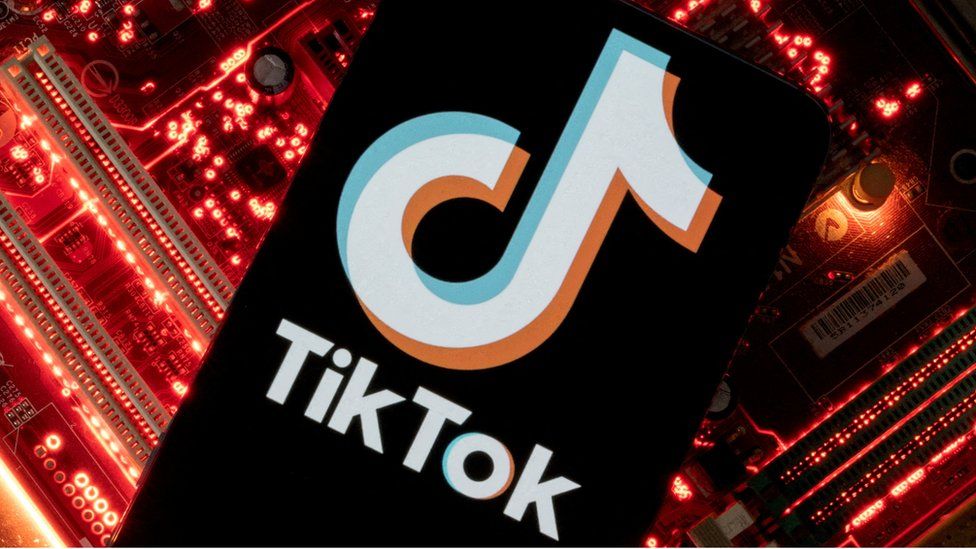ByteDance, the parent company of TikTok, is facing allegations of allowing Chinese Communist Party (CCP) members to access the data of Hong Kong civil rights activists and protesters. According to a former executive of ByteDance, Yintao Yu, individuals who uploaded content related to protests were identified and monitored. Furthermore, Mr. Yu claims that CCP members were able to access the data of TikTok users in the United States. ByteDance spokesperson denied these accusations, deeming them unfounded.

These allegations were brought forth in a lawsuit filed by Mr. Yu in the San Francisco Superior Court. In the court filing, Mr. Yu asserted that members of a CCP committee had access to a “superuser” credential, also known as a “god user,” which granted them access to all data collected by ByteDance.
He further alleged that these committee members, who were not employees of ByteDance, were physically present at the company’s offices in Beijing. According to Mr. Yu, this information was known among senior executives during his tenure as head of engineering for ByteDance in the US from August 2017 for approximately a year.
The court filing also claimed that in 2018, the CCP committee members used their “god credential” to identify and locate Hong Kong protesters, civil rights activists, and supporters of the protests. Hong Kong witnessed significant protests in 2014, known as the Umbrella movement, during which people demanded the right to elect their own leader.

Following this, civil rights activists staged smaller demonstrations. However, visible dissent has diminished since Beijing implemented a strict national security law after the anti-government protests in 2019. When contacted by the BBC, a ByteDance spokesperson strongly refuted the allegations, stating that they plan to vigorously oppose what they consider baseless claims and allegations in the complaint.
The spokesperson also highlighted that Mr. Yu was employed by the company for less than a year and worked on a now-discontinued app called Flipagram. These claims by Mr. Yu arise at a time when TikTok is facing intense scrutiny globally.
In March, TikTok’s CEO, Shou Zi Chew, underwent extensive questioning during a four-and-a-half-hour US congressional hearing. Members of both the Democratic and Republican parties raised concerns about the app’s data security, privacy practices, and alleged ties to Beijing. Following the hearing, a TikTok spokesperson criticized the politicians, accusing them of grandstanding.
In May, Montana became the first US state to pass a comprehensive ban on the Chinese-owned video-sharing platform. The ban is set to take effect in January 2024, making it illegal for app stores to offer TikTok. However, it does not prohibit individuals who already have the app from using it.
TikTok has filed a lawsuit to block Montana from implementing the ban, citing conflicts with US free speech rights. Last December, Montana, with a population of just over one million, banned the app on government devices. TikTok claims to have 150 million American users, with its user base predominantly composed of teenagers and individuals in their 20s, despite recent growth.






